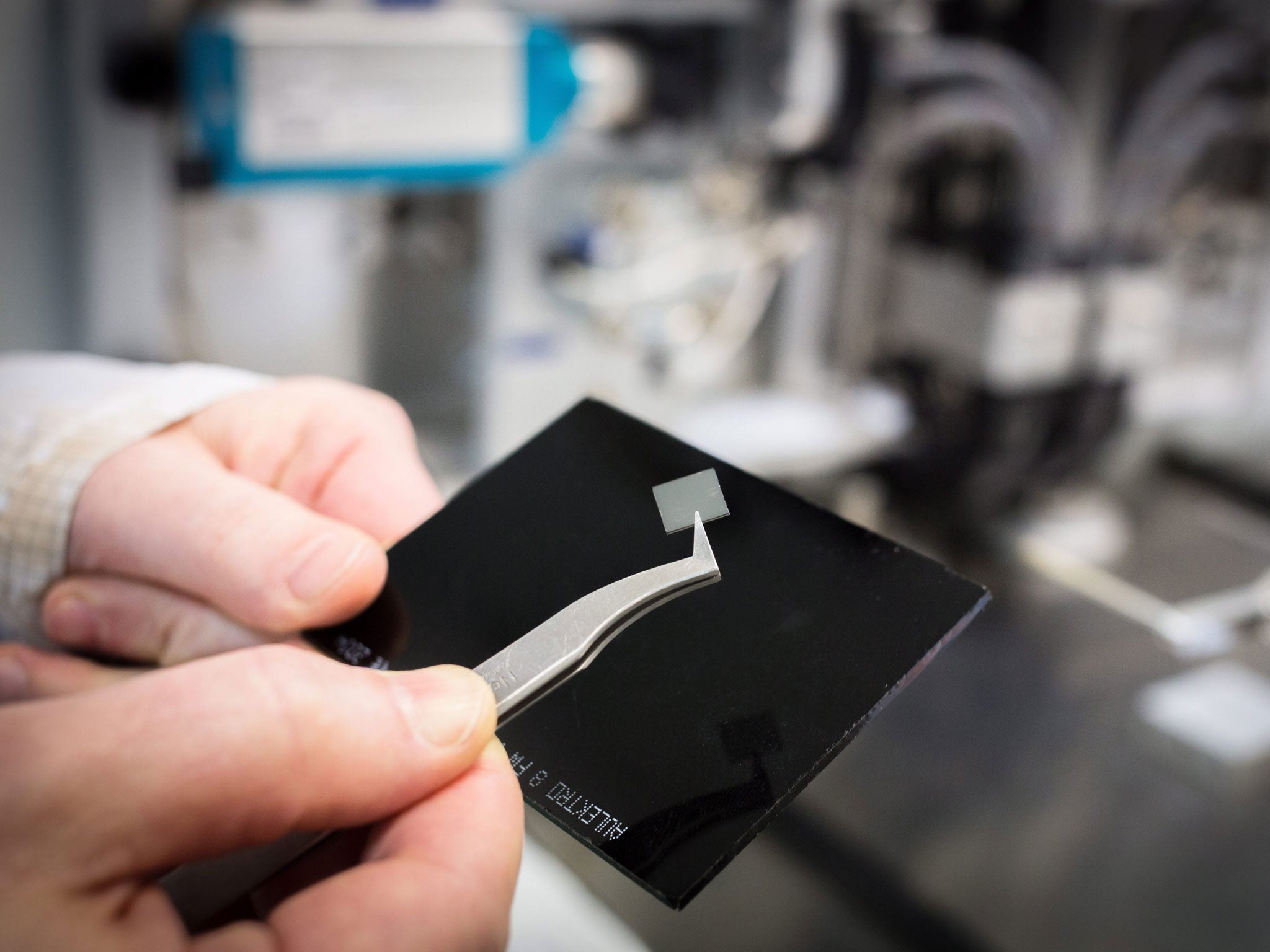If graphene deals look too good to be true, they probably are...

Fraudsters are cashing in on a new wonder material which could revolutionise technology and is stronger than diamonds by convincing vulnerable consumers to sign up to fake "investment opportunities", according to the financial watchdog.
The Financial Conduct Authority has warned investors not to be taken in by the hype surrounding graphene, a carbon-based material discovered nine years ago which is unregulated, as it will not be used on a commercial scale until around 2020. Tracey McDermott, director of enforcement and financial crime, said the scams came to the FCA's attention when investigators discovered details of a graphene investment company on computers belonging to a suspected UK "boiler room" scam.
She added: "Graphene is just the latest wonder material to be targeted. The scam relies on the fact that although many people will have heard of graphene they may be unaware it will be some time before graphene-based products hit the market. What's more, finding an accurate price for graphene is very hard, and its value is expected to fall over the coming years."
Graphene was found in 2004 by Andre Geim and Konstantin Novoselov at Manchester University and is made of a single sheet of carbon atoms – about one million times smaller than a human hair – and conduct heat, light and electricity. The pair won the Nobel Prize for Physics in 2010.
It is being developed for use particularly in display screens, solar panels, batteries and electrical circuits and could lead to flexible computers and stronger, lighter cars.
Around $1bn has already been invested into research by companies and governments, including £60m by the British Government, as they fight over developing graphene for commercial use, with 10,000 patents filed, and another 10,000 papers published on the subject last year alone.
A handful of businesses involved in the legitimate development and use of graphene have also listed on junior market AIM, including Graphene NanoChem and Cientifica. Last month Applied Graphene Materials, a graphene producer originating at Durham University, also listed and was valued at £34.6m, and gained huge interest, with shares shooting from 155p to 450p in a month.
However, with the increased focus, scammers are cold-calling potential customers offering them a chance to invest.
The FCA warns that it has seen no convincing evidence that there is a viable market for retail investors – rather than large scale investment banks – from buying into unregulated materials, adding that firms tend to buy metals in very large quantities rather than deal with small independent consumers. It has warned previously against other investments by the same "unscrupulous" individuals in carbon credits, rare earth metals, fine wines and overseas land and crops.
The problems arise when investments turn sour and the brokers usually disappear. In some cases the money was never invested in the first place. As the market is unregulated it can be very difficult to check the investment is genuine.
Subscribe to Independent Premium to bookmark this article
Want to bookmark your favourite articles and stories to read or reference later? Start your Independent Premium subscription today.

Join our commenting forum
Join thought-provoking conversations, follow other Independent readers and see their replies